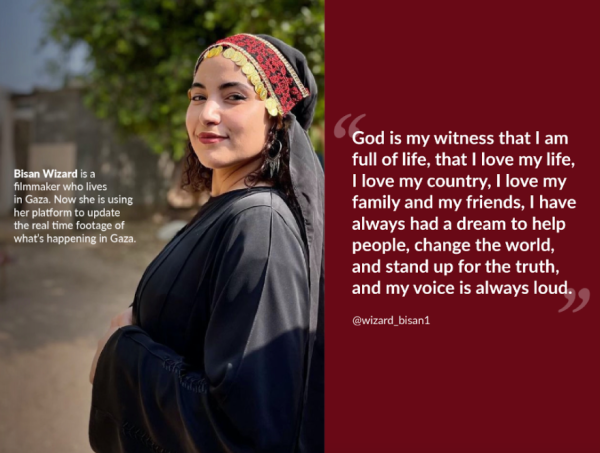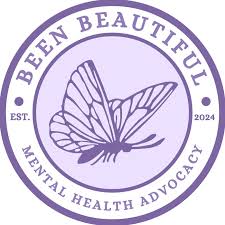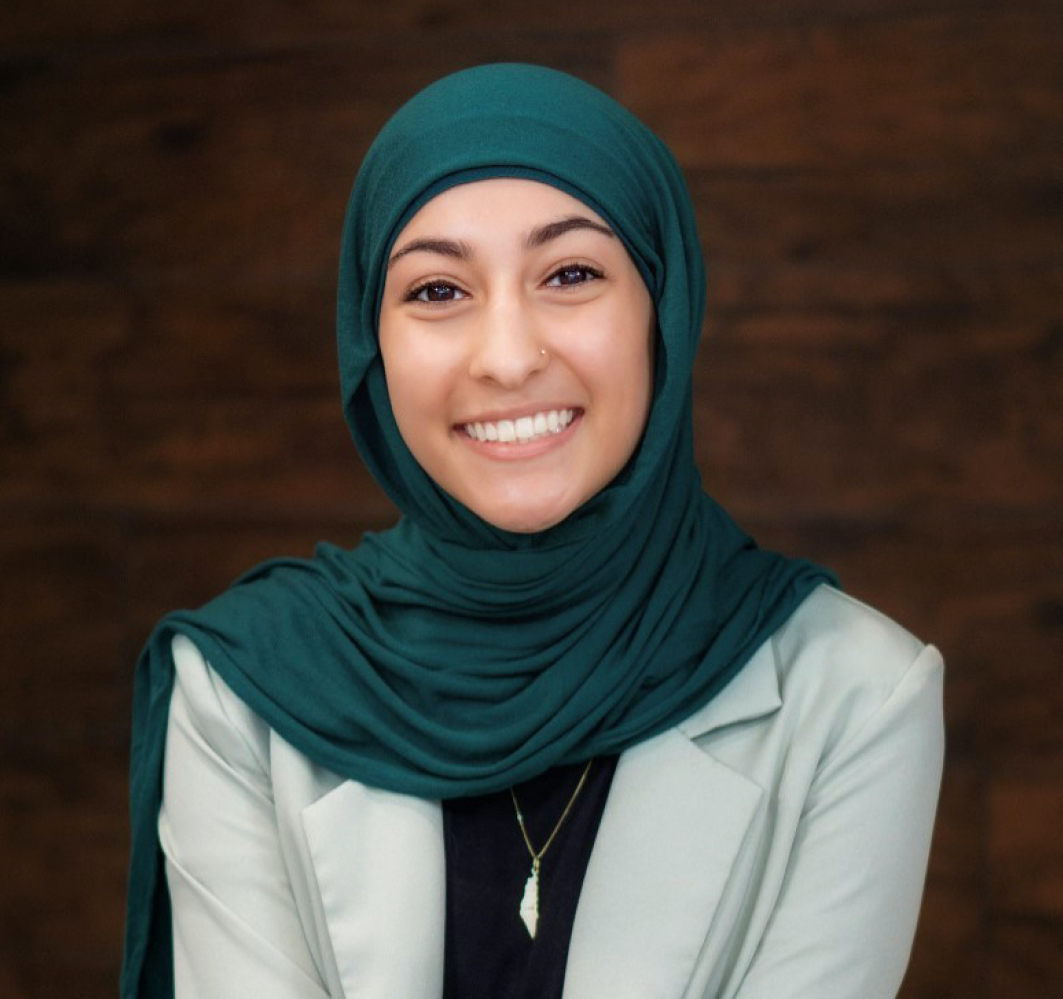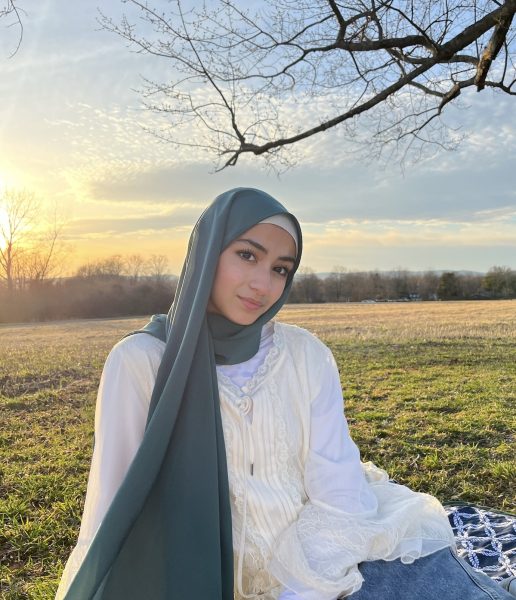Palestinians do not feel safe anywhere.
As the past six months of Israel’s indiscriminate bombing campaign have had one of the largest civilian casualties in history, Palestinians and Arab Americans across the world have been met with complete silence. Palestinian students who have peacefully protested against their university’s funding of political parties being tear-gassed on campus grounds by members of a foreign military do not feel safe, as Columbia University has refused to investigate the matter or the fact that military-grade weaponry was used on students. Just a couple of months ago, a student at the Georgia Institute of Technology was simply walking by an event when he was harassed by a private-hired Israeli security guard who assumed the student was Arab and therefore a threat to the campus.
Palestinian students are protesting against Israel’s war crimes, such as the extreme wave of femicide against Palestinian women, turning off electricity in children’s hospitals and killing over 39 babies in incubators, spraying white phosphorus over children, shooting disabled people on camera, and sniping elderly Christian women in one of the oldest churches in the world.
Mariam Abaza, a Journalism and Political Policy major at Ohio State University, says she has “gotten used to compartmentalizing.” Like many, the impact of being a Palestinian student as war is waged against Gaza has become a “constant weight on [Abaza’s] shoulders.”
At Harvard, anti-war students, including Jewish students, were doxxed, harassed, threatened, and blacklisted from future jobs.
“Colleges are truly doing a terrible job of supporting Muslim and Jewish students. The clearest example is the Barnard protestors who were tear gassed, many of whom were Muslim and Jewish. How can a university claim to care about their students and their freedoms of speech and then turn around and brutally assault them? In my opinion, the biggest issue is the lack of accountability. These major universities have billions of dollars and strong reputations, so they know there won’t be consequences for their repression of freedom.”
Abaza has “seen hate speech firsthand” towards both herself and her friends. She feels “terrified” about holding an anti-war opinion that could jeopardize her life, as her “degree, career, and future are on the line.” As Islamophobia in America has surged, with an 180% increase from previous years, thousands of Muslims have become victims of hate crimes. Abaza has “been scared to go out alone as a visible, hijabi Muslim,” with her parents worried about the increasing possibility of her decision to leave her home being her last.

With a civilian casualty rate approaching 45,000 six months into Israel’s bombing campaign that Western media has refused to report on (both in civilian regions of North Gaza but also in the places along the southern border where it told civilians to flee), Abaza believes that “the media plays a huge role in the dehumanization and demonization of Palestinians and Palestinian Americans.”
Many Gen-Zers have diversified their access to media; unlike many older generations who rely on news corporations alone, they have noticed a significant discrepancy. While media platforms such as Instagram, TikTok, and Twitter have allowed younger generations to connect with people’s firsthand accounts in Palestine and watch their lives unfold, a majority of America’s opinion lies on what mainstream media reporting from the US says alone. Since 9 out of 10 Americans do not fact-check the information they consume, Abaza believes “the droves of misinformation shared on major news sites directly translate to increased hate crimes and ruin the bubble of safety for anyone visibly Muslim or Palestinian.”
“My grandfather is Palestinian, and he lives in Ohio, but his sister and mother live in Nablus (West Bank). They spend days locked up in their homes without access to the internet or food. Every time my grandfather is able to contact them, we all wait with bated breath to hear that they’re okay. His mother is 100 years old, so it’s so heartbreaking that she must survive in these conditions.”
Abaza warns of the danger of misinformation. “With the rise of technology, accessibility to correct and verified information should be increased.” When asked about bias already appearing, not just in university administration but even in artificial intelligence tools, Abaza believes that these forms of technology are “direct reflections of the opinions of those who own them, which is extremely dangerous when they are presented as unbiased.” Furthermore, “if these forms of technology that are considered 21st century technology are not improved and fact-checked, the 21st century will be marked by extreme misinformation.”
This sad reality is not limited to colleges- or even high schools.
Gaza is now observing Ramadan, a holy month of fasting, yet they have nothing to break their fasts with. At least 30 children have already been confirmed killed, because the parachutes on the rotten food the US has been sending as “aid” malfunctioned.
As Israel continues its indiscriminate bombing on the strip of Gaza as a form of collective punishment, a direct violation of Article 33 of the 1949 Geneva Convention IV, the morals of every teacher who has refused to recognize not only Israeli students but Palestinian students over these last few months feel non-existent.
Like many American tragedies constantly replayed on every news outlet, October 7th was a day many people remembered exactly where they were. At Danbury High School, even the most unbothered students became aware of the attack on Israel, as every teacher felt obligated to condemn it. The flag of Israel was raised at City Hall in remembrance of the victims and hostages, and extra measures were taken to make sure the Jewish community in Danbury felt safe.
As of now, there has been no official request by the DHS administration for teachers to release statements regarding the October 7th attack or war on Gaza. Although some teachers made statements to their classes on October 7th to comfort students in the Jewish community, Palestinian students noticed the lack of statements made to comfort them as war rages on in Gaza. Teachers at Danbury claim they believe in equality, yet most of them have been silent about expressing the same support for Palestinian students that they put out for Israeli students. So, the decision for teachers who made their own statement on October 7th but refused to acknowledge the war on Gaza is a clear example of bias.
An extreme case of negligence at an American public school was when a seventh-grade teacher in the State of Georgia threatened to “kick [the] student’s f***ing a**, slit her goddamn throat, drag her a** outside, and cut her head off” when the 12-year-old student expressed her concern over his political pro-Israeli comments and the Israeli flag he placed in his classroom.
The question every Palestinian-American student has remains: when will universities and educational institutions become a safe place of intellectual curiosity for Palestinian Americans once more? And when can Palestinian children finally feel safe?





















Umniyah K • Mar 15, 2024 at 9:40 pm
Agreed with this article, great way to put it!
Tara • Mar 15, 2024 at 8:58 pm
Amazing article mariam!!! So necessary.